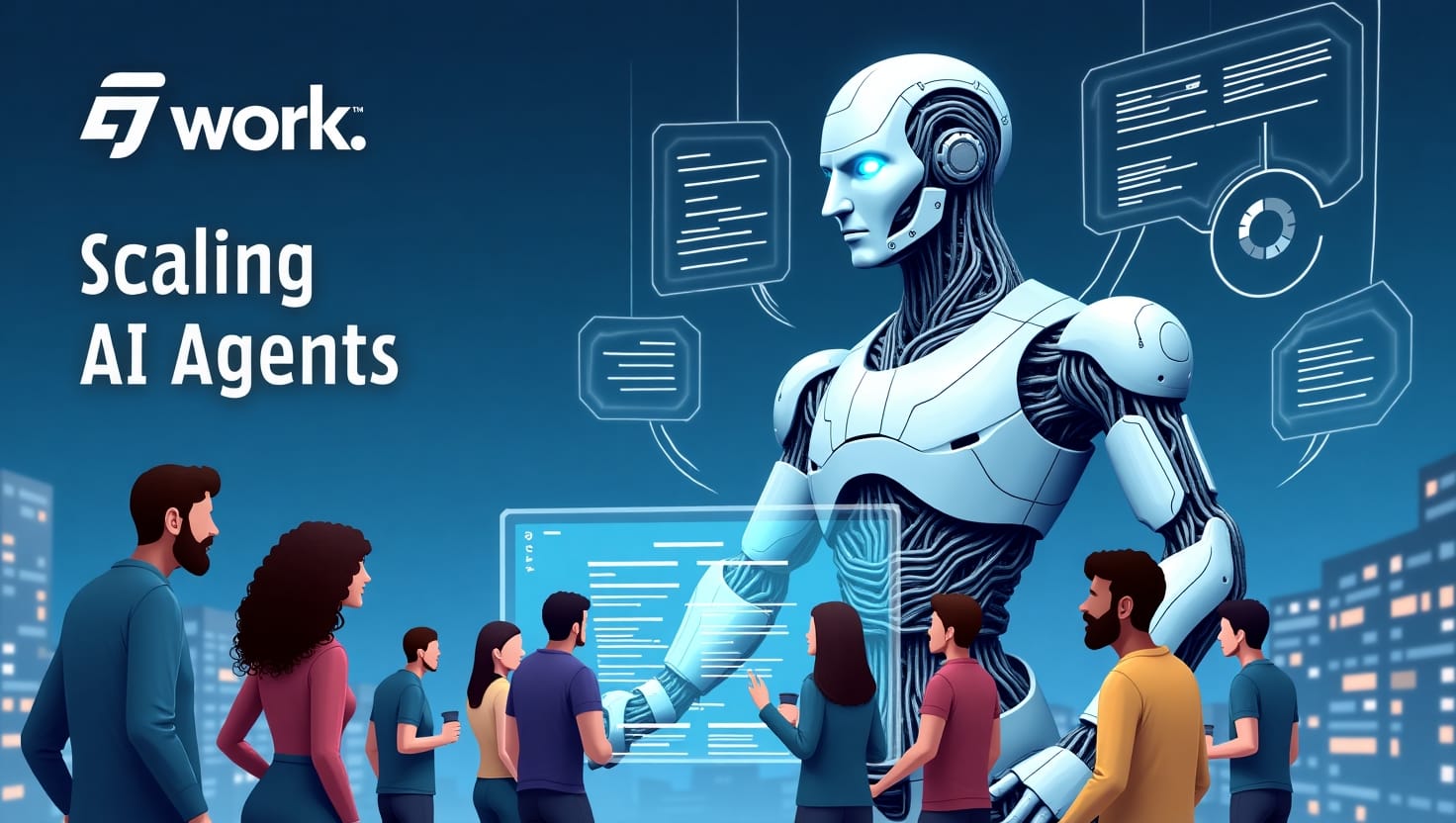Scaling AI Agents: Best Practices to Ensure Performance and Reliability
As artificial intelligence continues to evolve at lightning speed, AI agents are taking center stage across industries — from automating customer service to running complex data pipelines and managing entire workflows. But as we scaling AI agents, one critical concern arises: How do we maintain reliability when these systems become larger, more autonomous, and deeply embedded in mission-critical operations?
Let’s explore the challenges of scaling AI agents and the key strategies needed to do so without compromising their reliability.
Why Scaling AI Agents Is Crucial
AI agents are no longer just experimental bots or assistants. They’re being deployed at scale in environments that demand real-time decision-making, high accuracy, and constant uptime. Businesses and developers aim to scale AI agents to:
- Handle more complex tasks
- Work across multiple domains
- Interact with diverse systems
- Serve more users at once
- Automate longer decision chains
However, scaling introduces uncertainty — especially when agents must adapt to dynamic environments or generate outputs based on open-ended instructions.
The Reliability Problem in Scaling
1. Model Drift
As agents scale and learn from newer data or feedback loops, they might experience model drift — where their outputs subtly change over time and deviate from intended behavior.
2. Increased Latency
Scaling often adds layers of processing or API calls. Without optimization, AI agents may suffer from slower response times, especially in real-time applications.
3. Higher Risk of Hallucinations
With more autonomy comes the risk of AI hallucinations — where agents confidently provide incorrect or fabricated answers, particularly in complex reasoning scenarios.
4. System Integration Failures
AI agents often need to work with APIs, databases, and internal tools. As these connections grow, the chances of failure, incompatibility, or inconsistent results also increase.
5. Ethical & Security Concerns
Reliability isn’t just about uptime. It’s about trust — ensuring agents don’t leak sensitive data, generate bias, or act in unsafe ways as they scale.
Best Practices to Scale AI Agents Reliably
✅ 1. Modular Architecture
Use a modular or composable approach, where the AI agent is broken into smaller, testable components (e.g., memory, planning, execution). This makes it easier to update, debug, and maintain without affecting the whole system.
✅ 2. Guardrails and Safety Layers
Implement input/output filters, rule-based checks, and validation tools to reduce hallucinations and enforce reliable behavior. For instance, OpenAI’s Function Calling or tools like Guardrails AI can help limit what the agent can or cannot do.
✅ 3. Continuous Evaluation
Set up real-time monitoring and evaluation metrics — such as accuracy, latency, user satisfaction, and fallback rates. Feedback loops should be used carefully to avoid overfitting or reinforcing errors.
✅ 4. Human-in-the-Loop Systems
For high-risk or evolving tasks, keep a human in the loop to review or override decisions. This adds a reliability buffer while maintaining scalability.
✅ 5. Robust Testing and Simulation
Before going live, run agents through synthetic scenarios and edge cases. Simulation environments help catch issues early and improve long-term stability.
✅ 6. Version Control and Rollbacks
Like software, AI agents should be versioned. If a newer version underperforms, rolling back to a stable version prevents service disruptions.

Real-World Example: Enterprise AI Agents
In large enterprises, AI agents are now automating tasks like report generation, IT ticket resolution, customer onboarding, and supply chain coordination. These require reliability at scale. Solutions like LangChain, AutoGPT, and OpenAI’s Assistants API are helping teams build robust agent frameworks with memory, tool usage, and planning features — but success still depends on thoughtful architecture and constraints.
The Future: Scaling with Confidence
As tools improve and AI agents become smarter, the challenge won’t be about whether we can scale them — but whether we can do it responsibly and reliably.
AI agents that break under pressure not only frustrate users but also erode trust. The most successful AI systems in the future will be the ones that scale without sacrificing performance, consistency, or ethics.







